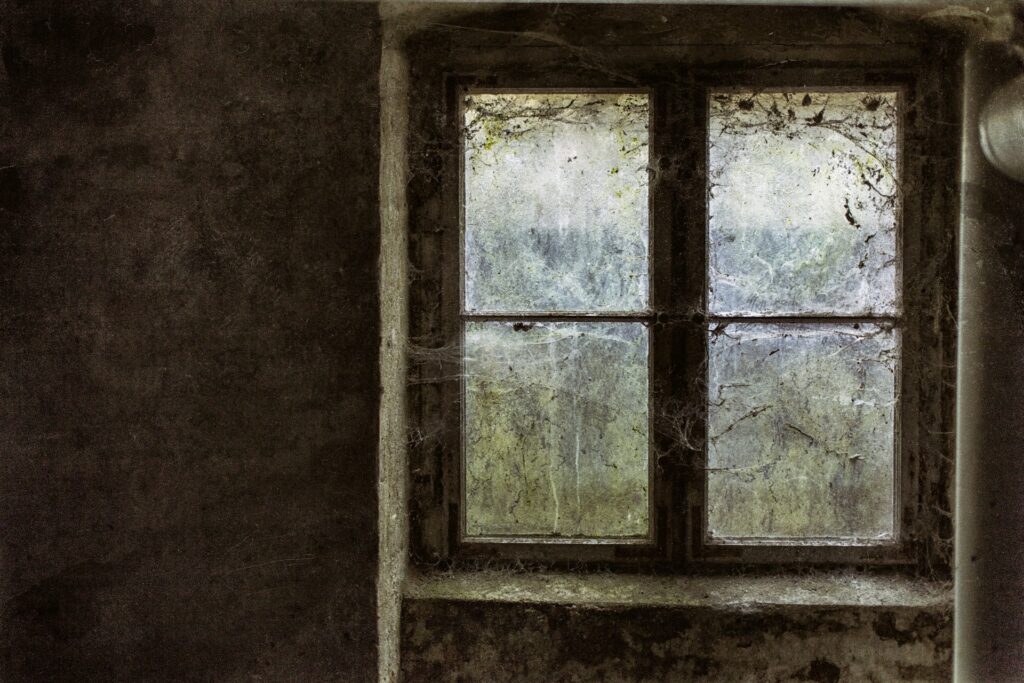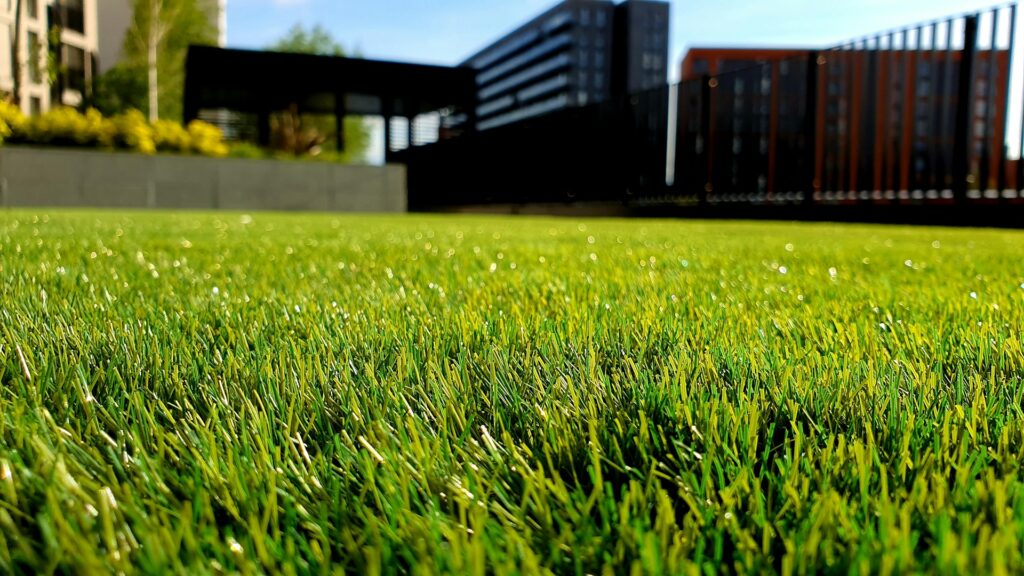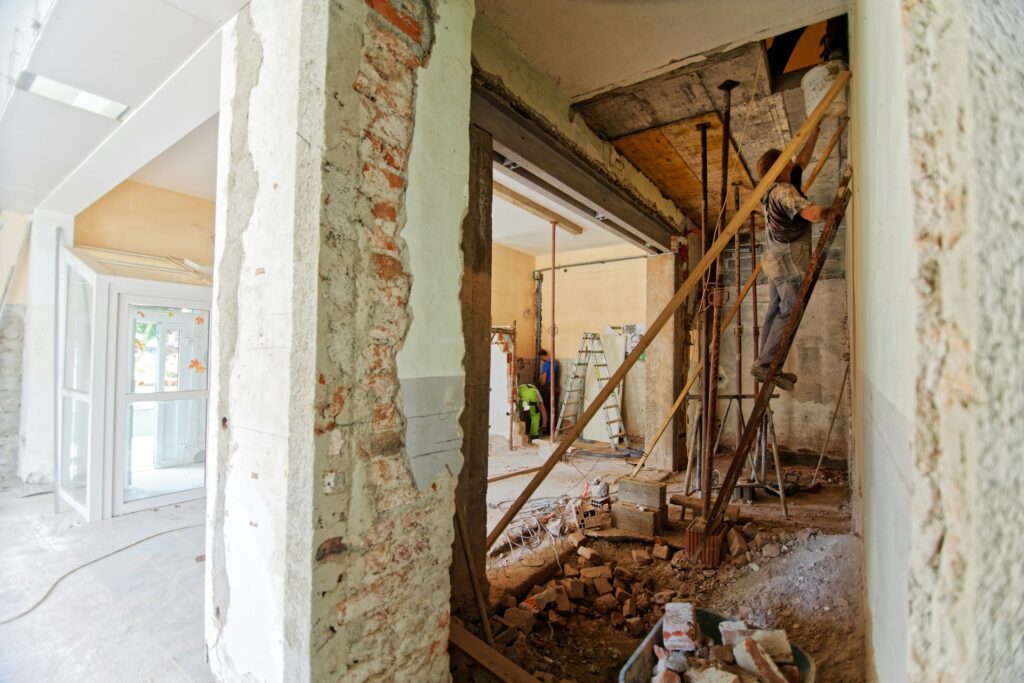
We are reader-supported. When you buy through links on our site, we may earn an affiliate commission.
A pool is an excellent way for you and your family to bond while staying cool during the summer months. They provide entertainment for days off work and catching up with friends. Installing a pool can also increase the value of your home, but before making a purchase, you should prepare for the pool installation process.
10 Ways to Get Ready for Your Pool Installation
1. Make a Wish List
Before your pool gets set up, consider the features that are most important to you, such as a heating system. You also want to consider the desired shape of your pool. A rectangular shape will make it easier to swim laps, but a more rounded pool blends better into your backyard.
When you plan your budget, keep these features in mind when determining how to spend your money efficiently.
2. Set a Budget
Pool installation can be a costly project, but having a detailed budget can make this process more cost-effective.
When creating a budget, think about your one-time costs along with long-term expenses, such as chemicals to clean the pool.
3. Research Different Pool Types
Do some research on the different types of pools ahead of time. There are two main types of pools — in-ground and above-ground.
Here are some of the different types of in-ground pools available:
- Concrete pools: These pools are built from a reinforced concrete, wood, or steel shell. They are very durable and customizable, which comes at a higher price.
- Fiberglass pools: They are cheaper and have a quicker and easier installation process that limits their customization options.
- Vinyl pools: These pools are cost-effective and offer multiple texture and color options but have reduced durability.
4. Consider the Weather Conditions
Before your pool arrives, consider any additional features you might need. If you live in a cooler area, consider having a pool warmer installed. You may also want to account for a pool covering if you experience harsh winters.
5. Contact Your Insurance Company
Having a pool installed on your property can affect your homeowner’s insurance. To ensure your insurance rate stays the same, be sure to let your insurance company you are placing a pool on your property.
6. Make Sure You Comply With Local Permits and Requirements
Many cities require a building permit for construction, so ensure you have the correct permits before starting the installation process. To do this, contact your city hall. Also, be sure to check your local safety codes. Some areas require you to have your pool area fenced in.
7. Find a Reputable Company for the Installation Process
When installing a pool, you want to ensure you find the company that will do the best work for a fair price. Consider asking trusted friends or family members for referrals. Also, consider comparing multiple options before deciding which company you want to go with.
8. Choose the Right Location
Before contractors can put your pool in place, consider the best location for it. Having an area that is level is ideal for keeping your pool from slanting. Also, be sure your site complies with local building codes and is a safe distance from any property line.
9. Mark the Perimeter
To ensure the pool fits into your desired space, mark the perimeter of the pool area before installation. To do this, place a metal stake where you want the pool to be centered and tie a string around it.
Then, measure the distance to the pool’s edge plus 6 inches. Wrap the other end of the string around a spray paint can, which is the right distance from the pool’s center. Turn the spray can upside down and spray a line as you walk the perimeter of the pool, creating a border.
10. Clear the Area
To clear the area for the pool installation:
- Remove all the sod and other vegetation from the intended pool area.
- Use shovels and a wheelbarrow to dig out and remove the sod.
- Make sure the area is clear of any large rocks or outdoor toys.
The Benefits of Installing a Pool
- Improves the Resale Value of the Home
You can increase the resale value of your home by 7% by having a pool installed. A pool can be an attractive feature for many potential homeowners, especially families.
When determining how much of your investment you’ll get back, consider the condition of the pool, its type, and its age. Having a pool that is clean and relatively new can make your home more marketable.
- Lowers Costs
When you have a pool in your backyard, you save money on air conditioning, especially during a heatwave. The pool can be the perfect way to cool down and get some fresh air all at the same time. Having a private pool also lowers the cost of going to public pools, like the YMCA.
- Increases Convenience
With a pool, you can now enjoy a fun summer activity with the family without having to drive somewhere. Instead, you can just walk right out your back door! It is also an excellent way to keep children and teenagers occupied over summer break.
Preparing for a Pool Installation
Swimming is a fun summertime activity and a great way to bond with friends and family. Having a pool placed on your property can be a more convenient and cost-effective way to beat the heat. It also increases the resale value of your home.
To prepare for the installation process, be sure you know what you want, do your research, understand the rules and regulations, and choose the right location. You’ll be swimming laps or doing underwater handstands in no time!










